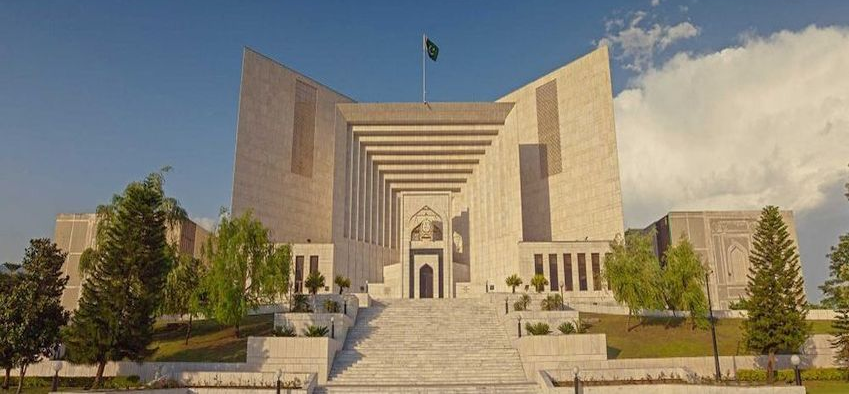The Official Forms used to record election results, such as Form-45 and Form-47, carry a Presumption of Correctness unless Evidence proves otherwise --- Supreme Court of Pakistan
Islamabad 27-09-2024: The Supreme Court of Pakistan, led by Mr. Chief Justice Qazi Faez Isa, has dismissed an election appeal in the case of Ghulam Rasool Vs. Election Commission of Pakistan, upholding the decision of the Election Tribunal Balochistan, Quetta. The appellant, Ghulam Rasool, challenged the election result of the PB-14 Naseerabad-II constituency, claiming manipulation and irregularities in the voting process. However, the Court found no merit in the allegations and ruled in favor of the respondent, Muhammad Khan, the declared winner of the election.
The appeal arose from the results of the Provincial Balochistan Assembly elections held on February 8, 2024. Muhammad Khan, the respondent (and winning candidate), had secured 21,103 votes, while the appellant, Ghulam Rasool, received 19,093 votes. Following the election, Ghulam Rasool requested a recount of the votes, alleging that Khan had manipulated results at several polling stations through familial and personal connections with election officials. After a recount was conducted, Khan’s votes were reduced to 20,706, and Ghulam Rasool’s to 18,787, but the respondent still maintained a lead of 1,919 votes.
The Supreme Court of Pakistan found that Ghulam Rasool had failed to provide concrete evidence to support his allegations of electoral fraud. The Court noted that the appellant’s claims of manipulation at various polling stations were not substantiated during cross-examination of the Presiding Officers. Moreover, the appellant’s argument that the presiding officers had tampered with Form-45s (official polling results) was rejected, as no substantial evidence was presented.
The bench also highlighted the procedural correctness of the recount, stating that the ballot papers are the primary evidence of an election’s integrity, and the recount confirmed the earlier result. The Court further explained that the official forms used to record election results, such as Form-45 and Form-47, carry a presumption of correctness unless evidence proves otherwise.
The judgment clarified several key points of election law and procedure:
- The Court upheld the principle that ballot papers serve as the primary evidence in election disputes, with recounts being the determining factor when vote counts are questioned.
- The decision reaffirmed the presumption of correctness attached to forms like Form-45 and Form-47, which are prepared by election officials unless tampered evidence is presented.
- It also emphasized that allegations of manipulation or fraud in elections must be backed by credible evidence, and mere claims are insufficient to overturn an election result.
In a significant procedural note, the Court dismissed objections from the appellant regarding the calling of Presiding Officers as Court witnesses. The Court held that summoning these witnesses allowed for thorough cross-examination, and thus, the procedure did not prejudice the appellant.
After reviewing the case from all angles, the Supreme Court of Pakistan found that the Election Tribunal Balochistan had rightly dismissed Ghulam Rasool’s election petition. The allegations of electoral manipulation were not proven, and the Court confirmed the fairness of the election results. Consequently, the appeal was dismissed, and Muhammad Khan remains the duly elected representative of PB-14 Naseerabad-II.
The ruling reiterates the judiciary’s commitment to uphold election integrity, emphasizing the need for clear evidence when contesting election results. The Court’s decision is expected to have lasting implications for future election disputes in Pakistan.
This legal news piece summarizes the key aspects of the Supreme Court of Pakistan decision while providing an overview of the legal principles and procedures involved.
Powered by Froala Editor








